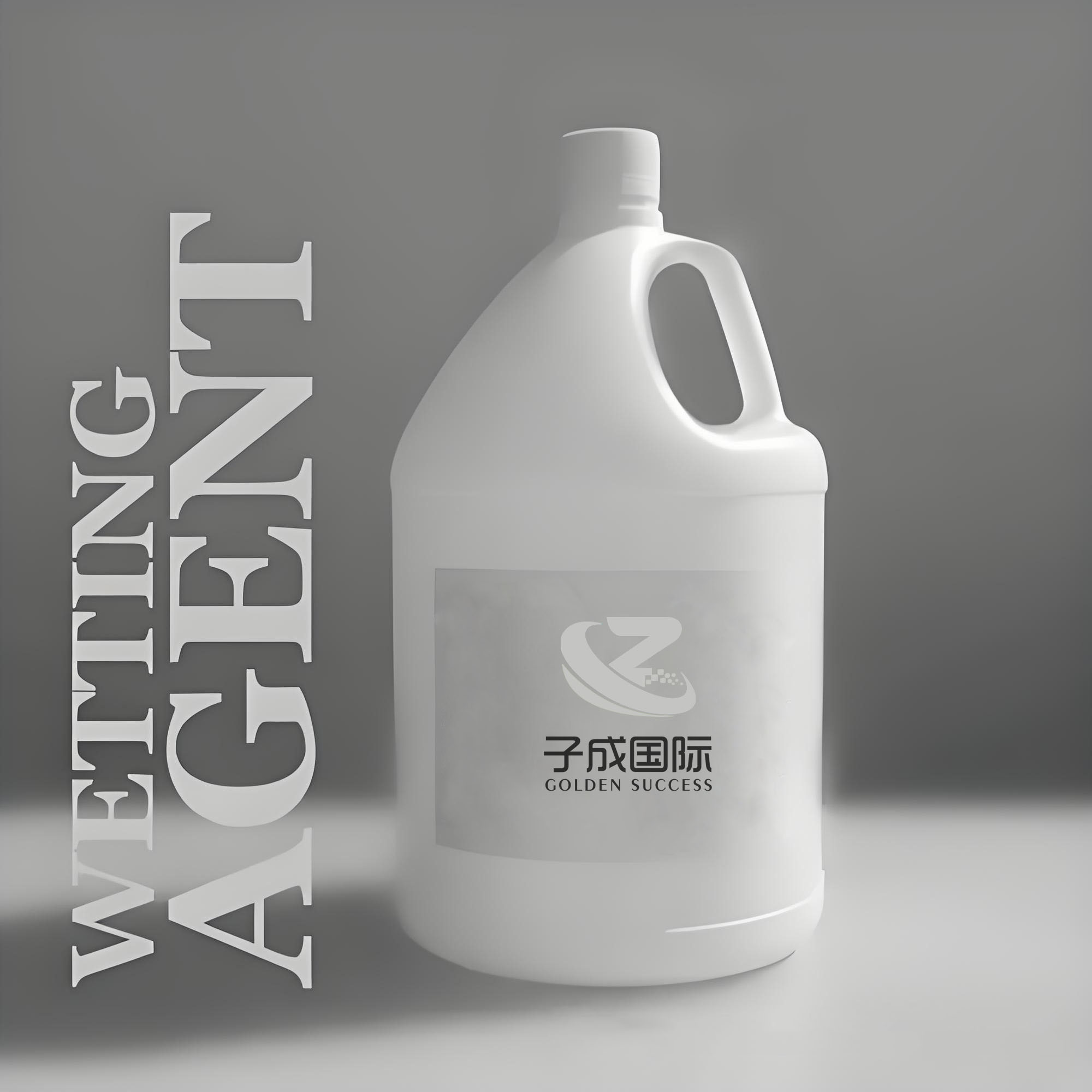Metalworking fluids play a crucial role in the metal processing, and wetting agents, as an important component of metalworking fluids, are of great significance in improving the performance and effectiveness of metalworking fluids.
During the metal processing, there are often pollutants such as oil stains and oxide scales on the metal surface, which can affect the lubrication, cooling, and cleaning effects of the metal processing fluid. Wetting agents, through their unique molecular structure, can effectively reduce the tension on the metal surface, making it easier for metalworking fluids to penetrate the metal surface and remove contaminants from it. At the same time, the wetting agent can also form a uniform wetting film on the metal surface, improve the lubrication effect of the metalworking fluid, and reduce friction and wear between the metal and the tool.
In addition, wetting agents can improve the stability and service life of metalworking fluids. In the process of metal processing, metalworking fluids are often affected by harsh conditions such as high temperature and high pressure, leading to performance degradation and failure. Wetting agents, through their unique chemical properties, can effectively stabilize the chemical composition and physical properties of metalworking fluids, enabling them to maintain stable performance and service life under harsh conditions.
The selection and use of wetting agents are also crucial in the production process of metalworking fluids. Different types of metalworking fluids require different types of wetting agents to be used in combination to achieve optimal performance and effectiveness. Therefore, in the production process of metalworking fluids, it is necessary to select suitable wetting agents based on the type and usage conditions of the metalworking fluid, and to carry out reasonable formula design and production process control.
In summary, wetting agents have a wide range of applications and significant advantages in metalworking fluids. It can effectively improve the cleaning, lubrication, and cooling effects of metalworking fluids, while also enhancing the stability and service life of metalworking fluids. Therefore, it is crucial to choose and use wetting agents reasonably in the production and use of metalworking fluids.

 English
English
 Chinese
Chinese Vietnamese
Vietnamese
 HOME
HOME
 PRODUCT
PRODUCT
 NEWS
NEWS
 CONTACT
CONTACT


